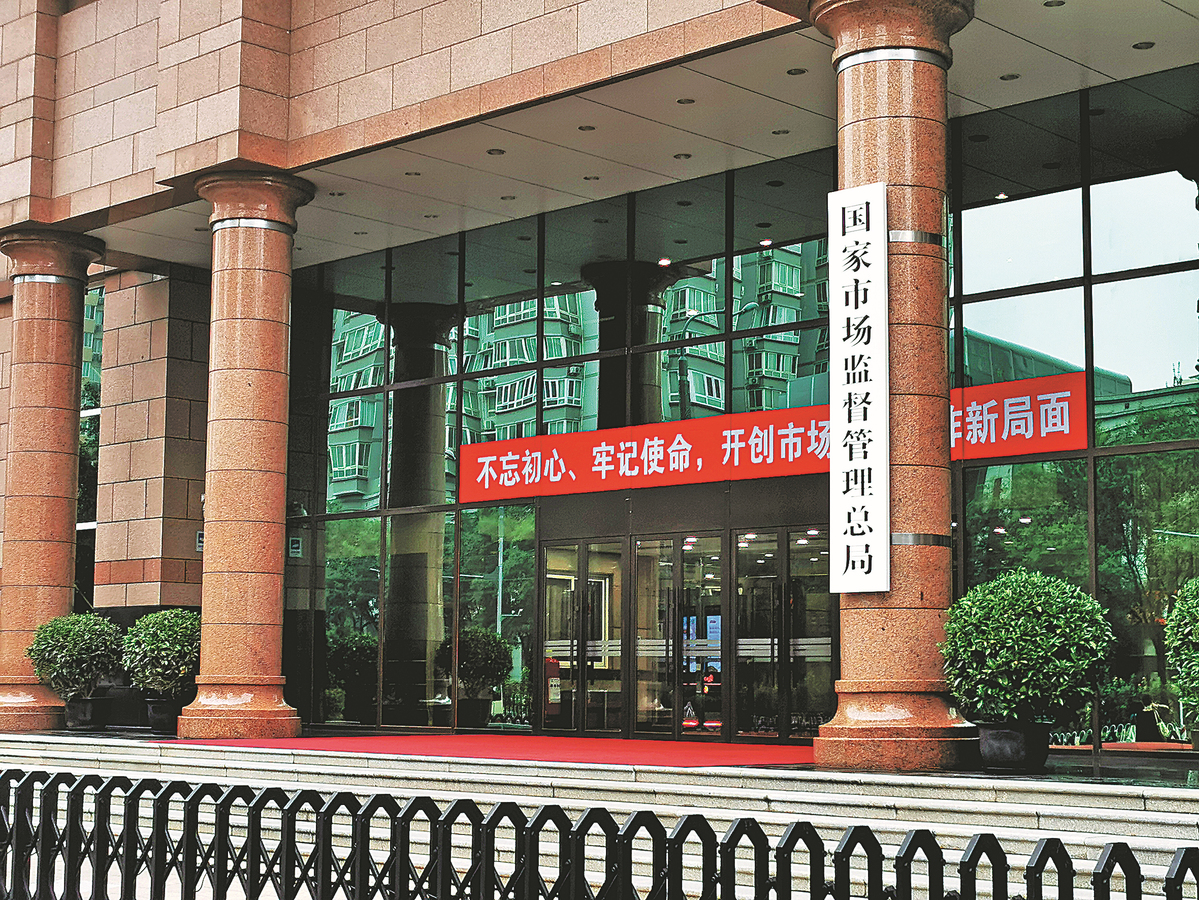Timely move to rein in monopolistic behavior
By Cheng Yu | China Daily | Updated: 2021-11-01 07:45

Encouraging platform-based enterprises to develop does not mean allowing their indulgence and monopoly. The greatest significance of the latest antitrust efforts is to adjust to the development of the digital economy in a timely manner, Deng said.
"But China's antitrust efforts do not aim to crack down on a single company or industry," said Zhong Gang, executive director of the Competition Law Research Institute at the East China University of Political Science and Law in Shanghai.
"Platform-based technology and internet companies are expected to jump out of the battle for demographic dividends and actively seek new development, including boosting research and development capabilities. At the same time, they should take on more social responsibilities to drive sustainable social innovation," Zhong said.
In recent months, tech billionaires, including Meituan founder Wang Xing, Pinduoduo founder Huang Zheng and Xiaomi Corp founder Lei Jun, donated sizable amounts of their personal fortunes to social causes. Tencent also pledged 50 billion yuan to help the country's initiative for common prosperity.
Last fiscal year alone, Tencent reported 482 billion yuan in revenue, up 28 percent year-on-year. It remained one of the most profitable technology companies in China for the three months ended June, earning 138.3 billion yuan in revenue that yielded a profit of 42.6 billion yuan.
China's stronger supervision of the platform economy showed the country's unswerving determination to vigorously develop the digital economy to contribute to global development, Zhong said.
Li Chao, chief analyst at Zheshang Securities, said the past few decades saw a global trend of leading countries betting on antitrust efforts, to challenge big players that tended to grow into bad monopolies. More importantly, both the US and the European Union tend to focus more on fairness than efficiency.
The EU called the platform economy a "gatekeeper". A newly introduced bill in the US saw the platform economy playing a dominant role. Japan officially passed a bill to drive the transaction transparency of digital platforms last year.
"Global practices show that antitrust efforts relating to the platform economy didn't crack down on any specific giant, but tend to stimulate innovation and entrepreneurship, and furthermore ensure the market in general prospers," Li said.
In the 1970s and '80s, US antitrust measures led to tech giant IBM giving up bundled sales of software and services and disclosing its personal computer technical standards, after which Microsoft and Intel, upstream and downstream suppliers to IBM, grew rapidly.
Tech companies such as Dell also began to rise, helping lay the foundation for the US internet boom at that time, he said.
























